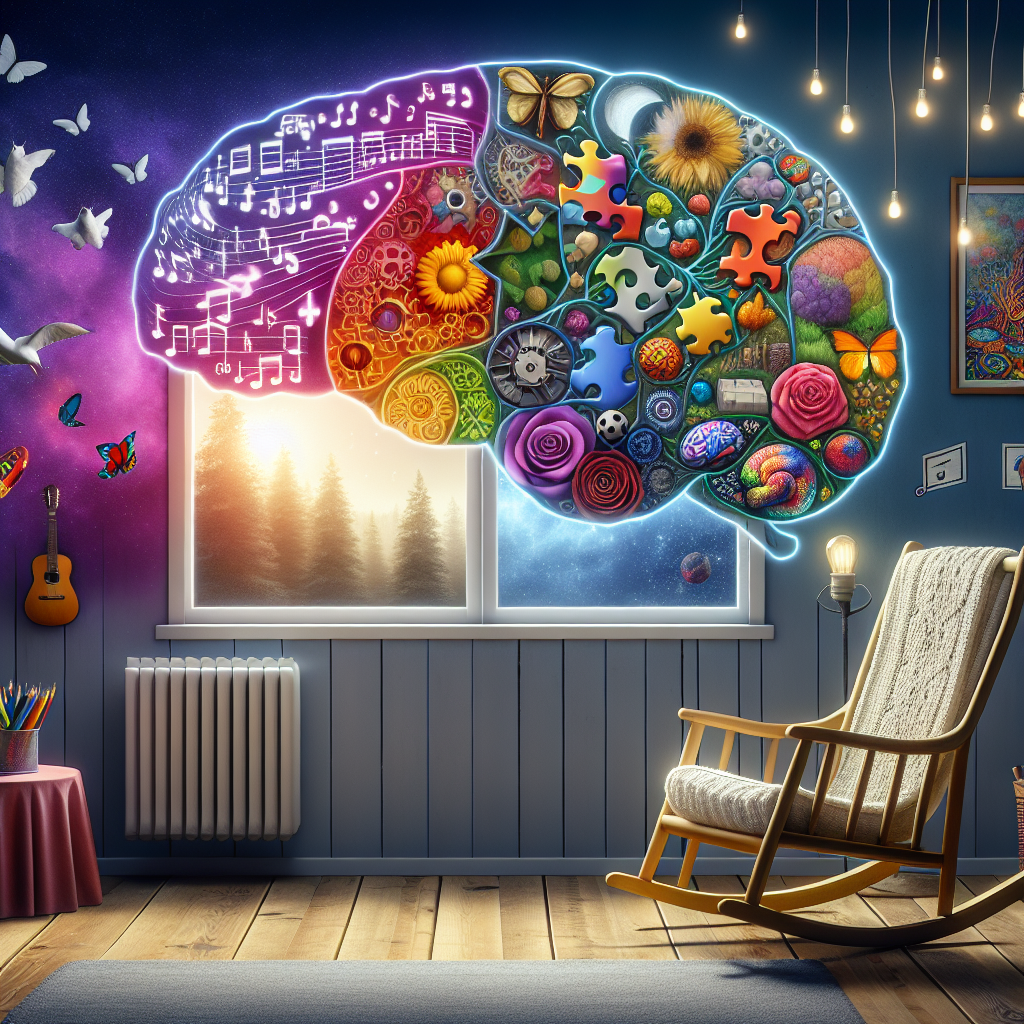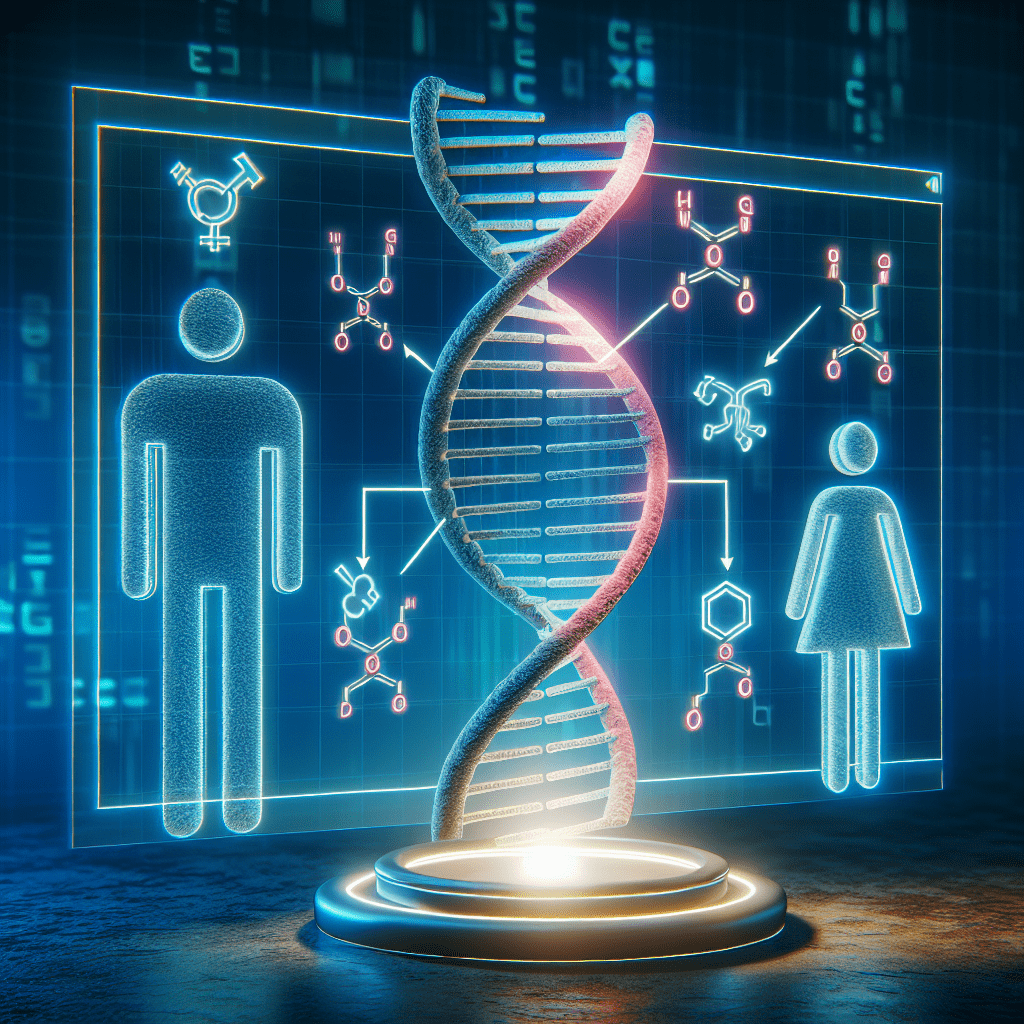Do Autistic People Have Empathy? Exploring the Depths of Understanding
Do autistic people have empathy? This question has generated quite a bit of discussion and debate in recent years. For many, the term ‘autism’ conjures up stereotypes that suggest a lack of emotional awareness or understanding. However, the reality is much more complex and nuanced. In this article, we will delve deep into the subject of empathy within the autistic community, exploring misconceptions, research findings, and personal experiences. This journey will allow us to better understand how autistic individuals experience and express empathy, possibly dispelling some long-held myths in the process.
What is Empathy? Understanding the Basics
Before addressing the critical question of whether autistic people have empathy, it’s essential to define what empathy actually means. Empathy is generally understood as the ability to understand and share the feelings of another person. It is an emotional response that allows individuals to connect with others on a deeper level, facilitating both social interactions and relationships.
Empathy is often broken down into two main categories: cognitive empathy and affective empathy. Cognitive empathy refers to the ability to recognize and understand another person’s emotions, while affective empathy refers to the ability to physically feel or resonate with those emotions. When we peel back the layers, we find that empathy can manifest in myriad forms, and its expression often varies from person to person, regardless of whether they are on the autism spectrum or not.
When thinking about autism, many people assume that a lack of social skills equates to a lack of empathy. However, research trends and anecdotal evidence increasingly suggest that autistic individuals experience empathy differently rather than lacking it altogether. This leads us back to the initial question: do autistic people have empathy?
Empathy in Autism: What Research Tells Us
Studies focused on empathy within the autistic community reveal diverse findings. Cognitive empathy does tend to pose more challenges for many autistic individuals, often due to difficulties in social communication and interpreting non-verbal cues like facial expressions, tone of voice, and body language. This might lead to the misconception that autistic individuals lack emotional understanding altogether.
Yet, research indicates that many autistic individuals possess strong affective empathy. They may feel deeply for others but find it challenging to express those feelings in ways that are typically recognized by neurotypicals. This divergence opens a fascinating window into the emotional landscape of autistic individuals, suggesting that their experiences of empathy can be both profound and differently expressed.
For example, a study published in Journal of Autism and Developmental Disorders found that individuals on the spectrum might have a heightened response to others’ distress, exhibiting strong emotional reactions even when they struggle with social communication. This could mean that while they may not explicitly demonstrate understanding through social cues, their internal empathetic experiences may run as deep as or even deeper than those of non-autistic individuals.
Common Misconceptions about Empathy and Autism
Now that we have a clearer picture of empathy and how it interacts with autism, let’s address some of the myths and misconceptions surrounding this topic. One of the most common stereotypes is that autistic people are entirely devoid of empathy. This generalization is not only misleading but deeply damaging. To suggest that an entire population lacks an essential human quality diminishes the experiences of those who feel profoundly and genuinely.
Another misconception is that if an autistic person struggles to convey empathy through typical social channels (like eye contact or verbal affirmations), they must not experience empathy at all. This notion fails to account for the wide spectrum of emotional expression and emotional intelligence. Autistic individuals often have their unique ways of demonstrating empathy, from engaging in meaningful one-on-one conversations to taking action on behalf of others, even if those actions are not overtly emotive.
A lack of understanding or misinterpretation of the emotional responses of autistic people further complicates matters. Autistic individuals may react differently to emotional stimuli; they might be overwhelmed in emotionally charged situations, leading to a retreat or shutdown rather than outright expressions of feelings. Thus, the perception of a lack of empathy may stem from a miscommunication rather than a genuine absence of emotional capacity.
Finding Connections: How Autistic Individuals Show Empathy
Understanding that autistic individuals often have unique ways of expressing empathy is crucial. Many autistic people demonstrate deep empathy through actions rather than words or traditional social interactions. Here are some points highlighting how autistic individuals might express empathy:
- Acts of Kindness: An autistic person may engage in acts of kindness, such as helping a distressed friend or volunteering for charitable causes, as a way of showing they care.
- Listening: Many autistic individuals are excellent listeners. They might not always interject or respond immediately, but they can process and respond to the feelings shared during conversations.
- Artistic Expression: Some autistic individuals use art, music, or writing to convey their feelings and connect with others emotionally. The artwork created can speak volumes about empathy.
- Advocacy: Some autistic individuals are passionate advocates for social issues, dedicating their efforts to raise awareness about autism, mental health, and more. Their commitment suggests a profound understanding of others’ struggles.
By acknowledging these different expressions of empathy, we can better appreciate how autistic individuals experience emotional connections. Understanding and recognizing their unique ways facilitate a more inclusive dialogue that honors and respects their experience.
Supporting Empathy Development in Autistic Individuals
Another crucial aspect of the discussion on empathy and autism is how parents, educators, and peers can support the development of empathy in autistic individuals. Rather than focusing on change, the goal should be fostering understanding and connection. Here are some strategies to help:
- Model Empathy: Demonstrating empathetic behaviors in everyday life encourages autistic individuals to observe and learn how to express empathy themselves.
- Encourage Emotional Literacy: Teaching emotional words and facial expressions can help autistic individuals recognize and label feelings, both in themselves and others.
- Create Safe Spaces: Providing environments where feelings can be openly discussed without fear of reactions allows for emotional exploration and expression.
- Engage in Role-Playing: Practicing various social scenarios through role-play can help autistic individuals develop situational awareness and responses to emotional cues.
These strategies not only help build empathy but can also enrich social interactions, enhancing relationships within and outside the autistic community.
Conclusion: Empathy is Multifaceted and Unique
So, do autistic people have empathy? The answer is a resounding yes, though it may look different. While traditional interpretations of empathy often focus on social cues and outward expressions, the reality is that many autistic individuals possess deep emotional understanding and capacity for empathy that may differ from neurotypical standards. By recognizing and celebrating these diverse expressions, we can foster a more inclusive world that embraces the emotional richness of all individuals, regardless of where they fall on the spectrum.
Ultimately, it’s crucial to acknowledge that empathy is not a one-size-fits-all construct. Understanding autism’s complexities will benefit not only autistic individuals but enhance our collective capacity for emotional intelligence and deeper connections. The journey towards understanding and embracing the different shades of empathy continues, and it is a journey well worth taking.
FAQs
1. Can autistic individuals learn to express empathy more effectively?
Yes! With appropriate support, interventions, and understanding environments, autistic individuals can develop their empathetic responses, building social skills and emotional understanding over time.
2. Is there a difference between empathy and sympathy?
Yes, empathy involves sharing and understanding another’s feelings, while sympathy is more about feeling pity or concern for someone else’s troubles without necessarily sharing their emotional experience.
3. Are there any autistic individuals who are famously empathetic?
Many autistic individuals, like renowned physicist Albert Einstein and environmental activist Greta Thunberg, have exemplified strong empathetic values, advocating for causes that support the broader community.
4. Does the level of empathy vary among autistic individuals?
Absolutely. Just like in the neurotypical population, the level and expression of empathy among autistic individuals can vary widely across individuals.
5. What are some signs of empathy in autistic individuals?
Signs may include caring actions, strong reaction to others’ distress, engagement in meaningful ways, and artistic expression reflecting emotions related to others’ experiences.





